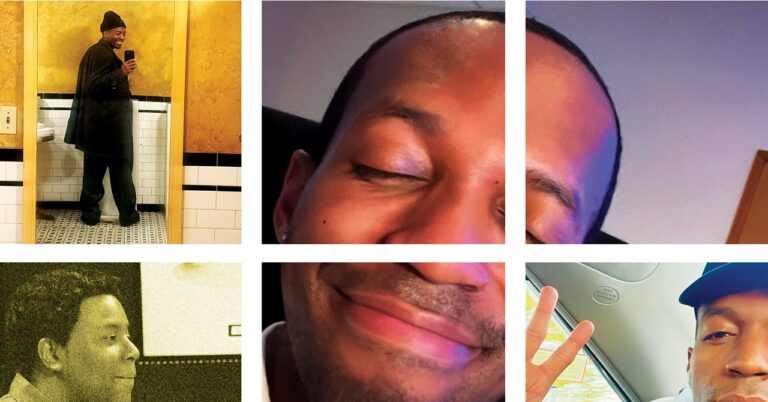Alex English should be on summer vacation when I call him on a Thursday afternoon, but instead he’s just finished two stand-up shows in New York and is packing at the last minute for an overnight flight to London, where he’ll be performing at the Top Secret Comedy Club that weekend. The work never stops when you’re, well, a working comedian.
Since he joined the SNL In the writers’ room in 2021 (season 47), English showed an uncanny knack for the kind of humor that hits you in all the right places (all the more impressive considering he had no prior sketch comedy experience before SNL). During his short but remarkable tenure, he blessed the public with “Hospital for sexy girls” “Beautiful prison“and the iconic”Lisa from Temecula”, which, he tells me, was inspired during a vacation trip to Detroit, his hometown.
English says the source of his humor is not social media but analog experiences. “I talk to people, to my family. I read the newspaper. I also read a lot of books,” he says. “I like to observe people. I’m an old man.”
English is part of a new generation of exciting—and excitingly queer—comedians that includes comedians John Early, Bowen Yang, Sam Jay, and Joel Kim Booster. What they’re striving for isn’t a viral moment, which English says too many new comedians are hungry for, but a shared understanding of life’s absurdities. In fact, English is adamant that social media has ruined not just the art of comedy, but our relationship to it. So I asked him to explain how we got here, and how we might recover.
Jason Parham: What scares you about the current state of humor?
Alex English: I was on a plane recently. Another passenger was watching a video on his phone and I was like, “Oh, I know this person.” Seven seconds into watching the video, he just scrolled through the video. I’m sure it was the comedian setting it up or talking to the audience. It scared me. I was like, “I don’t want someone to do that to me. I don’t want someone to scroll through the video.” You know what it’s like too, because everyone’s doing it now, it’s so saturated. There’s nothing unique about the videos that I’m seeing. That’s not an insult to the people who are doing it. I just feel like that’s not the way I should be doing it.
It’s just.
Gone are the days when you could perform in a club and someone in the industry would see it and want to put you on a stage to get your work out there. Instead, the business is now about whether you get 500,000 followers by burning content that you put out on the internet or talking to an audience. When it comes to working with the audience, I’m the one who came to work. The audience didn’t come to work. They came to laugh. I don’t understand the obsession with that. When I’m on stage, I don’t care about the audience that much. Like, “Are you guys dating?” Who cares? There’s no unique story to it. And they didn’t pay for it.
Whose fault is it ?
I realized, especially after the pandemic, that Instagram And Tick Tock All of this has really ruined the audience. It’s changed the audience’s perception of what comedy is, and stand-up comedy in particular. I did a show a few months ago that went really well. A woman came up to me after the show. She was sitting in the front row. She was like, “Oh my God, I thought you were going to talk to us tonight. I thought you were going to make fun of us.” I said, “Is this what you think stand-up is now?” The audience has expectations now because of what they’re consuming online.


